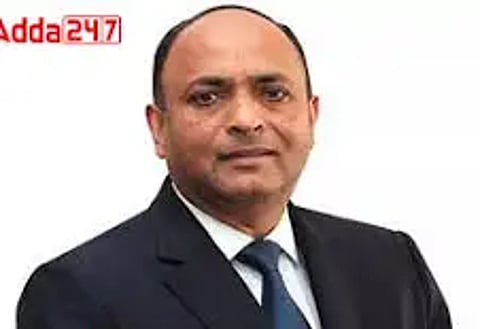

Taking moral responsibility for the bank’s derivative-related losses, Sumant Kathpalia, Managing Director and CEO of the crisis-hit IndusInd Bank, resigned from his position on Tuesday. In his resignation letter to the board, Kathpalia stated that he was stepping down in light of the losses incurred by the bank.
Notably, Kathpalia had been granted only a one-year extension by the Reserve Bank of India when his term ended last year—amid the fallout from the derivative-linked financial crisis that came to light around the same time. As a result, he officially ceased to be MD and CEO from the close of business on Tuesday.
His resignation follows that of Arun Khurana, the bank’s Whole-Time Director and Deputy CEO, who stepped down on Monday. IndusInd Bank is part of the Hinduja Group.
The Bank reported a Rs 1,960 crore derivative loss due to accounting discrepancies. According to sources, IndusInd Bank had been using a dual accounting practice for its derivative transactions for the past 6-7 years.
The bank used to follow accrual accounting for internal derivative trades between the asset-liability management desk and the treasury, while external counterparties' trades were marked to market. This allowed IndusInd to defer losses internally while prematurely booking gains externally, overstating earnings.
When the discrepancies became significant in 2023, the RBI intervened, and asked for an internal review. By March 2024, the RBI had banned internal derivatives trading by banks. The RBI had hired EY and PwC to investigate the matter, however, neither of the two managed to make any headway in the matter. In February 2025, a team of the RBI investigated the matter and identified the derivative losses.
Meanwhile, the Reserve Bank of India (RBI) sources said that derivative and MFI-related losses would wipe out IndusInd Bank’s fourth quarter profits, and the bank might even show a minor loss during the quarter.
The derivative loss of Rs 1,960 crore would be reflected in the fourth quarter financial statements of the bank. Additionally, the bank will have to provide for Rs 320-odd crore for NPAs in the microfinance loan book.
"In a normal situation, the bank might have posted Rs 1,800 crore in profit, but given the derivative losses and the provision for MFI loan book, the bank would post a small loss in the fourth quarter," sources told TNIE.
The sources, however, said that there is no major cause of concern as the bank is adequately capitalised, and that issue would be resolved with the fourth quarter results.
A report by Grant Thronton -- fixing accountability of the people responsible for the mess -- has been submitted to the board. Sources said the RBI had asked Grant Thronton to put the people involved in the case in three baskets -- those who were aware of the practice and had the power to stop it but did not; people who were capable of stopping it but chose to remain silent, and those who were mere bystanders.
Meanwhile, RBI has said that it is not considering any regulatory changes across the industry in the wake of the IndusInd Bank crisis. “We would not be punishing others for someone else’s ingenuity,” said an RBI source.